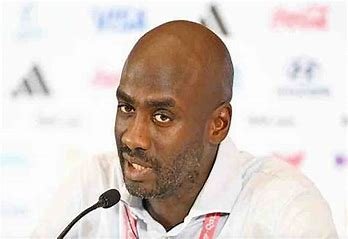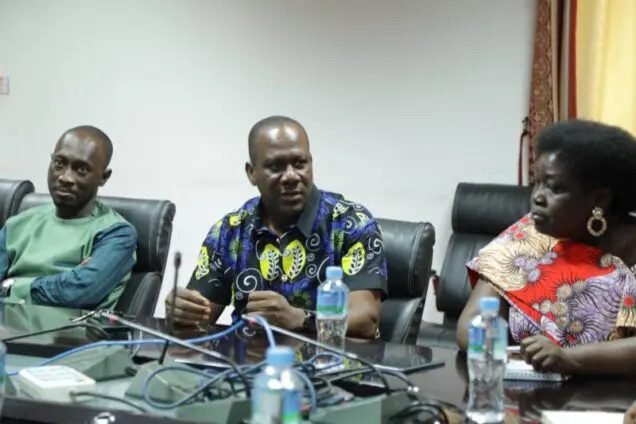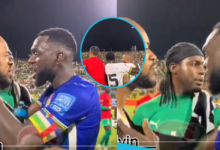EPL Defender, Guéhi, Given Severe Warning Over Writing “I Love Jesus” on LGBTQ+ Armband
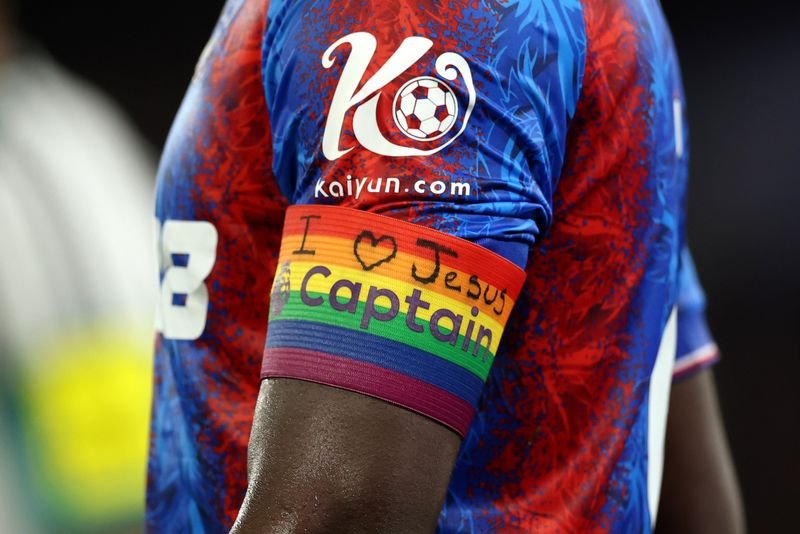
Marc Guéhi, a Crystal Palace center-back and England international, has sparked controversy for personalizing a Rainbow Laces campaign captain’s armband with the handwritten phrase “I Love Jesus” during a Premier League match against Newcastle United. The armband, a symbol of inclusivity for the LGBTQ+ community, became the center of attention, igniting debates about the balance between personal expression and collective advocacy.
What Happened?
During the match, Guéhi captained Crystal Palace while wearing the rainbow-themed armband—a signature of the English Football Association’s (FA) Rainbow Laces campaign promoting LGBTQ+ support in sports. His handwritten message, “I Love Jesus,” visibly added to the armband, quickly caught the attention of fans and sparked widespread reactions online.
The FA’s Rainbow Laces campaign is designed to foster inclusivity and equality for marginalized groups. Guéhi’s personal addition, however, shifted the focus from the campaign’s original message, drawing both praise and criticism.
The FA’s Response: A Warning, Not a Ban
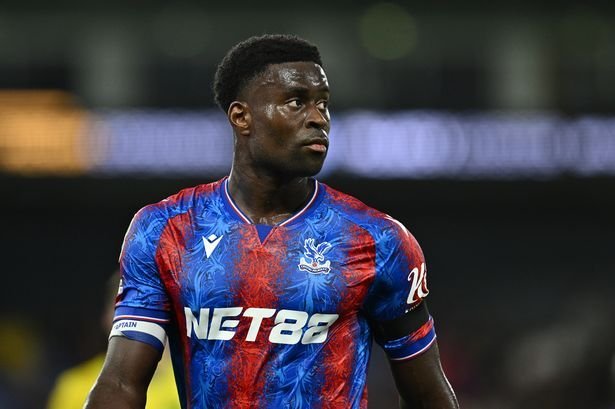
Following the uproar, speculations arose that Guéhi might face sanctions for altering the armband. However, the FA clarified that no formal punishment would be imposed. Instead, the governing body issued a reminder to Guéhi and Crystal Palace about the campaign’s importance and the need to maintain its unified message.
An FA spokesperson emphasized that while players are encouraged to express themselves, campaign symbols should remain consistent with their intended purpose to avoid diluting their message.
Diverse Reactions: Faith vs. Campaign Integrity
Support from Christian Fans
Many Christian supporters lauded Guéhi’s display of faith, viewing it as a bold affirmation of his religious beliefs. They argued that the message “I Love Jesus” was positive and should not overshadow the inclusivity symbolized by the armband.
Criticism from LGBTQ+ Advocates
Conversely, advocates of the Rainbow Laces campaign expressed disappointment, claiming that Guéhi’s actions detracted from the campaign’s intent. Some viewed the personal message as inappropriate for the occasion, calling for players to align with the campaign’s unified focus during matches.
A Broader Debate: Individual Expression vs. Unified Advocacy
This incident has sparked a broader conversation about the role of personal beliefs in social campaigns within professional sports. As football continues to champion causes like inclusivity and equality, moments like this highlight the challenges of navigating diverse perspectives while maintaining campaign integrity.
The key questions arising include:
Should players be allowed to modify campaign symbols to reflect their personal beliefs?
How can campaigns foster inclusivity without alienating individuals with differing convictions?
Conclusion: A Moment of Reflection for Football
While Marc Guéhi avoided formal punishment, his personalized armband has ignited discussions about faith, diversity, and advocacy in sports. This incident underscores the need for clear guidelines to harmonize personal expression with the collective goals of campaigns.
As football evolves as a platform for social change, controversies like this will shape how campaigns are structured and communicated in the future. For now, Guéhi’s actions serve as a reminder of the delicate balance between individuality and the broader messages sports aim to promote.
Also Read: Arsenal Fan Banned for 3 Years Over Racist Abuse Directed at Thomas Partey









